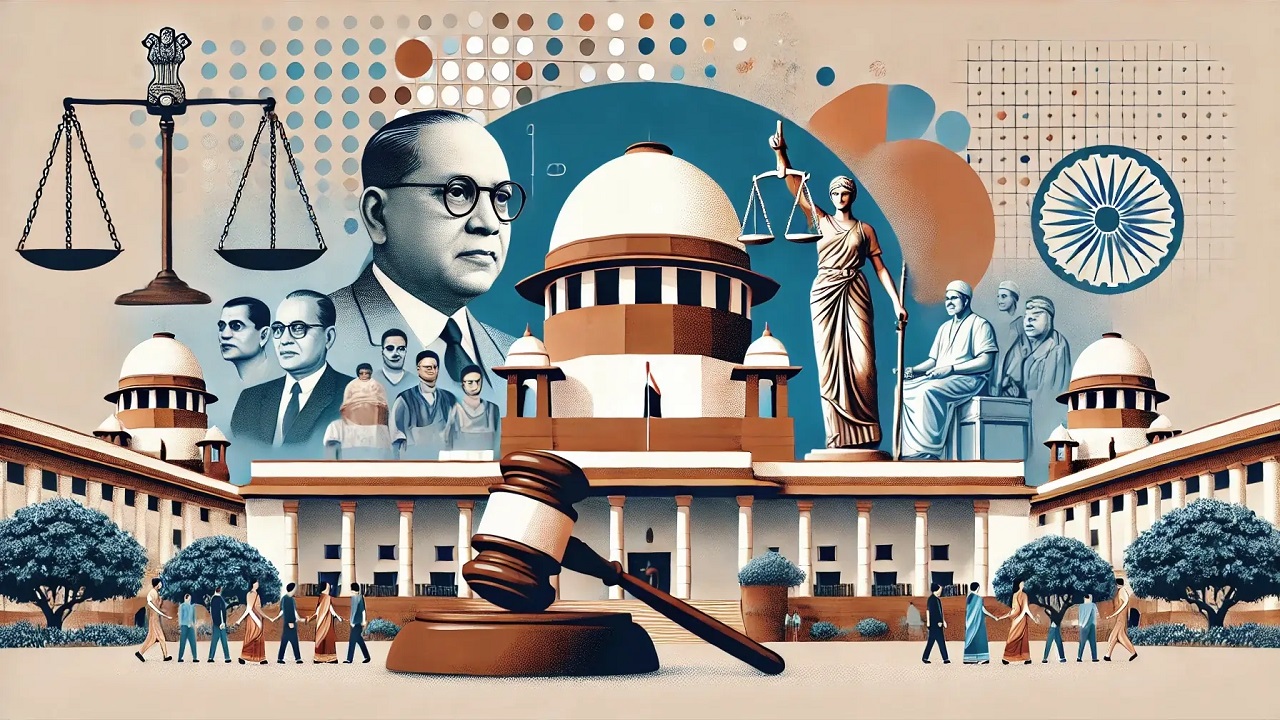Context:
In a dispute between the States of Tamil Nadu and Karnataka over sharing of Pennaiyar river water resources, the Supreme Court recently directed that a new Negotiation Committee be constituted to re-explore the possibility of settlement by negotiations between the States.
Background:
Recurring fight between states over sharing of waters is not new and invariably flares up in years of deficient rainfall.
Factors responsible for Inter-State Water Dispute:
- When a river flows across a boundary between the states, the upstream state is usually at an advantage. Creating an asymmetry between upstream and downstream states.
- The total water demand in India is projected to increase by 22% and 32% in 2025 and 2050 respectively. The rising demand has put stress on limited water reserves further aggravating the Inter-State water dispute.
- Under Schedule VII of the Indian Constitution, the power to use water for storage, electricity, irrigation, etc. is mentioned under the State list and ‘interstate water’ under the Union list. However, these powers are interconnected, and usage by one State affects usage by other States, thus creating ambiguity on water usage rights.
- Water governance architecture in India is based on a fragmented piecemeal approach. It relies on numerical measures such as arithmetic hydrology, surplus, deficit, etc. ignoring the social, ecological, and cultural processes associated with water.
Various mechanisms to deal with the Inter-State Water Dispute:
Under the Seventh Schedule of the Constitution,
- Entry 17 of State List reads “Water, that is to say, water supplies, irrigation and canals, drainage, and embankments, water storage and water power subject to the provisions of entry 56 of List I (Union List)”.
- Entry 56 of List I provides that “Regulation and development of inter-State rivers and river valleys to the extent to which such regulation and development under the control of the Union are declared by Parliament by law to be expedient in the public interest”.
- Article 262 says that Parliament by law may provide for the adjudication of any dispute or complaint concerning the use, distribution, or control over the waters of, or in, any inter-state river or river valley. In the exercise of the the power conferred by Article 262 of the Constitution;
Parliament has enacted two laws:
- Under the Inter-State Water Disputes (ISWD) Act of 1956 a state government that has a water dispute with another state government may request the central government to refer the dispute to a tribunal for adjudication.
- Under the River Boards Act of 1956, River Boards can be set up by the central government for the regulation and development of inter-state rivers and river valleys.
National Water Policy 2012:
National Water Policy 2012 seeks to address issues such as scarcity of water, inequities in its distribution, and the lack of a unified perspective in planning, management, and use of water resources.
Issues/Challenges associated with resolving the Inter-State Water Dispute:
- Delayed resolution due to prolonged proceedings and delays in the disposal of river water disputes. For example, it took 11 years for the Godavari water dispute tribunal to give its decision.
- Article 262 deters the Supreme Court from adjudicating interstate river water disputes. However, Article 136 empowers the SC to hear appeals against the tribunal’s orders, further causing ambiguity in the implementation of tribunal orders.
- The politicization of disputes as some political parties are using interstate water disputes as avenues for pursuing political goals.
- Lack of multidisciplinary approach as tribunals in India primarily consist of members from the judiciary thus lacking inputs from specialists such as ecologists hampering the quality of orders.


1.jpg)

Comments (0)